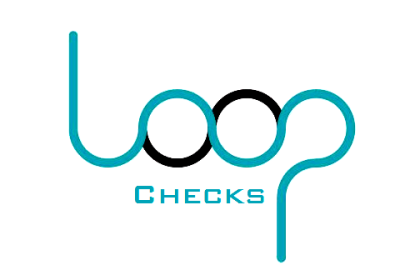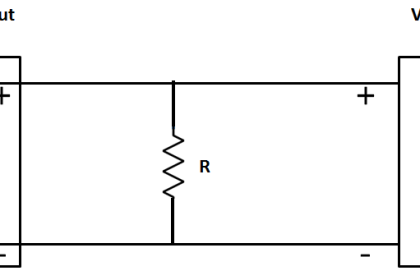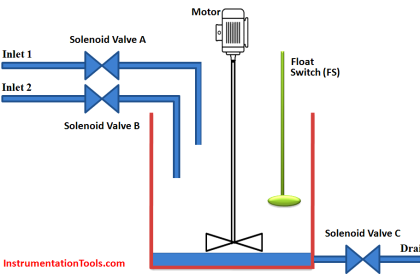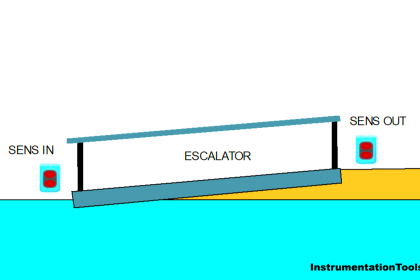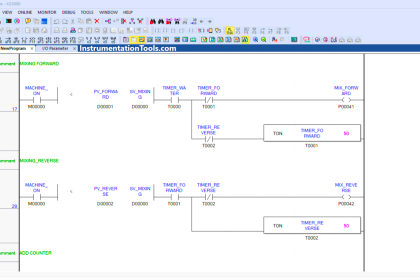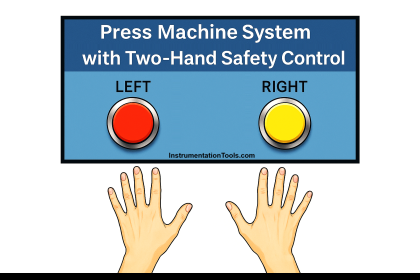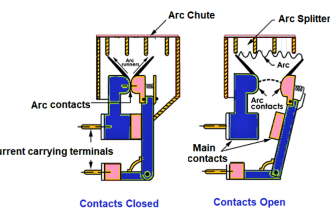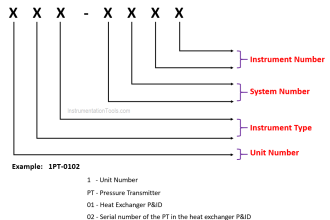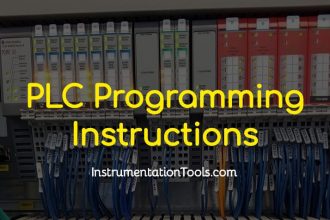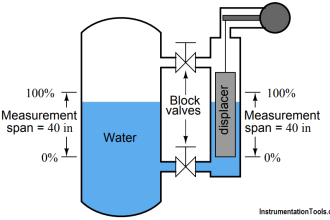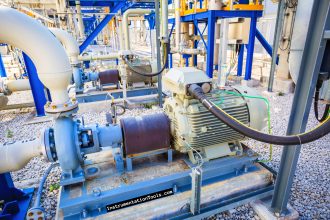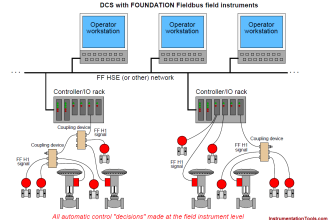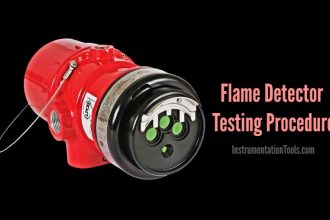If you are working in an industrial premises as an electrical maintenance engineer, there are many parameters and things to consider when working. This helps the industry work fluently and efficiently. Because electrical failures can prove very costly and time-consuming to solve, maintenance skills play a very important role.
Industrial Electrical Maintenance

Also, as new advances arrive frequently in electrical engineering and also seeing it’s relation with industrial automation devices, it is very important for engineers to troubleshoot them adaptly. In this post, we will see the skills required for industrial electrical maintenance.
Understanding safety standards and regulations:
Industry functioning has various regulations and standards to follow like IEC, ISO, NEC, BS 7671, UL, IEEE, and NEMA. They deal with various rules like safety in electrical operation, preventing electrical hazards, insulation testing, dielectric testing, environmental clearances, short circuit testing, dealing with transformers, PPE (personal protection equipment) guidance, working with fuses and circuit breakers, general rules for wiring, safe isolation and earthing, how to restrict your movements in hazardous areas, etc.
If the engineer needs to work in electrical circuits in an industry, then he must know all the safety rules, standards, and working procedures defined by various international bodies.
Understanding electrical circuits:
The engineer should be able to understand, study, and identify problems in electrical circuits; and also understand the principles of voltage, current, power, and resistance. For that, it is important he studies all the electrical components used in circuits. In that sense, if he finds any component used, then it will help him to quickly troubleshoot that.
Also, apart from electrical components like circuit breakers, fuses, transformers, resistors, insulators etc, he should also deeply learn the wiring standards. Because improper wiring will obviously result in process failure. He should know from where the power is flowing and where that power is going finally.
Troubleshooting skills and problem-solving:
This is a basic requirement in any professional field. Here too, the engineer must know all types of electrical faults like short circuits, open circuits, ground leakage, tripped switchgear equipment, blown devices, etc. If he knows the faults first, then only he will be able to do further troubleshooting. Positive thinking as well as practical understanding is a must to excel the skills in maintenance, because once a system breaks down, it requires immense patience and deep understanding to solve them.
The thinking must be logical and aligned in a step-by-step direction as he will have to collectively gather data properly and analyze them. Also, most importantly, he must be able to use testing tools effectively like a multimeter, clamp meter, ammeter, socket tester, etc. Improper use of tools is useless for an engineer, however skilled he may be.
Understanding schematics and drawings:
When you are working on a failed system, you are first of all given its electrical drawing and schematic. It is thus necessary to understand the various electrical symbols and how they are represented in drawings. It can be a line diagram, wiring diagram, schematic diagram, or block diagram. Each of them has its own style of representation and understanding.
Once he gets through the layout and connection, he can then plan and troubleshoot the system more effectively. And if the electrical circuit is complex, then its drawing too will be complex. So, understanding the various types of schematics can help them to solve problems quickly.
Learn from the experts:
Time and again it has been proved that continuous learning and taking feedback from experienced people helps a lot in career development. You can ask experienced engineers about their shares of maintenance activities, the skills they learned, and the knowledge base they have developed to date. You can go on sites with them and check their routine activities, and try to help them troubleshoot problems. This will give you hands-on training and also help to outcome your weaknesses in maintenance activities.
Learning automation systems:
As today’s factories are automatic in nature, electrical engineers have to deal in a great way with PLC systems. So, if any issue occurs in the PLC control panel, then they must first of all know the standards of PLC wiring. Also, they must be able to read hardware catalogs of PLCs, which clearly state the wiring diagram. So, they must be familiar with PLC skills, and also understand modern-day motor operations like VFD, soft starters, etc, as they are mostly controlled by PLCs.
In this way, we saw the skills required for industrial electrical maintenance.
Read Next:
- How to Get a PLC Programming Job?
- PLC Program for Glass Cutting Machine
- Indicator Lights PLC Programming Solution
- Electrical Safety and Equipment Grounding
- Hardware Troubleshooting PLC Automation
